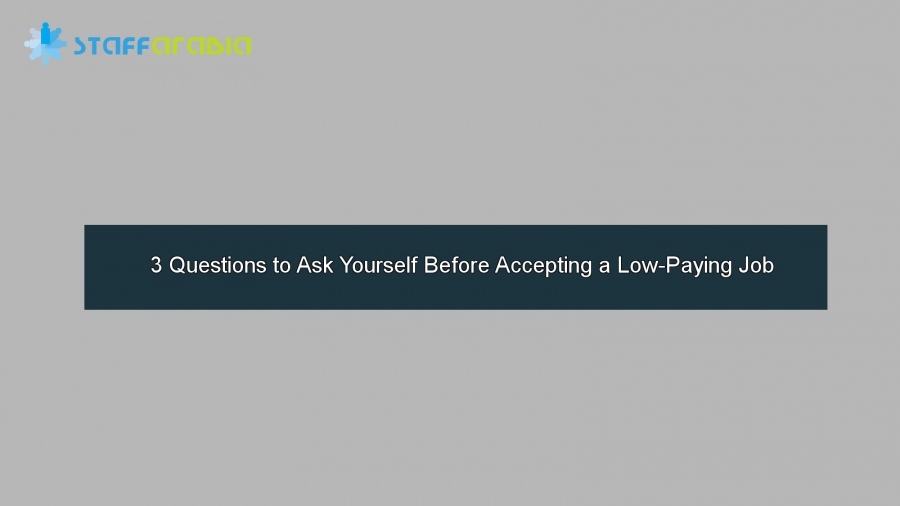
When you’re just starting your career, you may come across some job opportunities that don’t pay all too well, or you might even consider taking internships that don’t pay at all. Many of us may even need to take on more than one job to make ends meet these days.
However, just because a job won’t pay the bills (or offer a free Equinox membership), that doesn’t mean it’s not worth considering. (Yes, seriously.) Here are some questions to ask yourself so you can evaluate these opportunities and understand if taking less pay now can actually help your career flourish down the road.
1. What kind of experience will you get?
Having hands-on experience even while you’re in college is crucial to getting that first job—even if you’re not getting paid all than much.
For instance, if you’d like to become a professional journalist, you’ll need clips of articles you’ve written. So, if you accept a low-paying job that allows you to write for a publication, you’ll come away with something tangible that will help you get the next, hopefully higher-paying, gig.
2. Are you passionate about the company’s mission?
We spend most of our lives at work, therefore being happy and invested in your job can be quite important, both emotionally and professionally. For some, finding this fulfillment could even be more valuable than take-home pay. As Forbes contributor Amy Rees Anderson advises, caring about your job can lead to all kinds of success. “When we are passionate about something we have more energy, we work much harder, we get more creative…we are the happiest when we are pursuing our passions in life, and that is the very best kind of success,” she writes.
3. Could the position turn into a better opportunity?
Before you accept the job, ask the person hiring you about room for growth and the projected career path for the position. If the majority of people who fill this role get promoted into better paying jobs or tend to be hired into solid positions outside of the company, this job may be a smart bet.
No matter what the trajectory is for the position, chances are you’ll at least get the opportunity to see what skills you’ll need to move up. “Since you’re not under pressure to perform, you can take a step back and use this as an opportunity to learn transferable skills from your superiors—from how to formulate a profit-and-loss sheet to speaking in public,” says Alexandra Levit, author of Blind Spots: 10 Business Myths You Can’t Afford to Believe on Your New Path to Success. “It gives you a chance to observe people who have been in the business a lot longer—without having to worry that you’re in over your head.
















